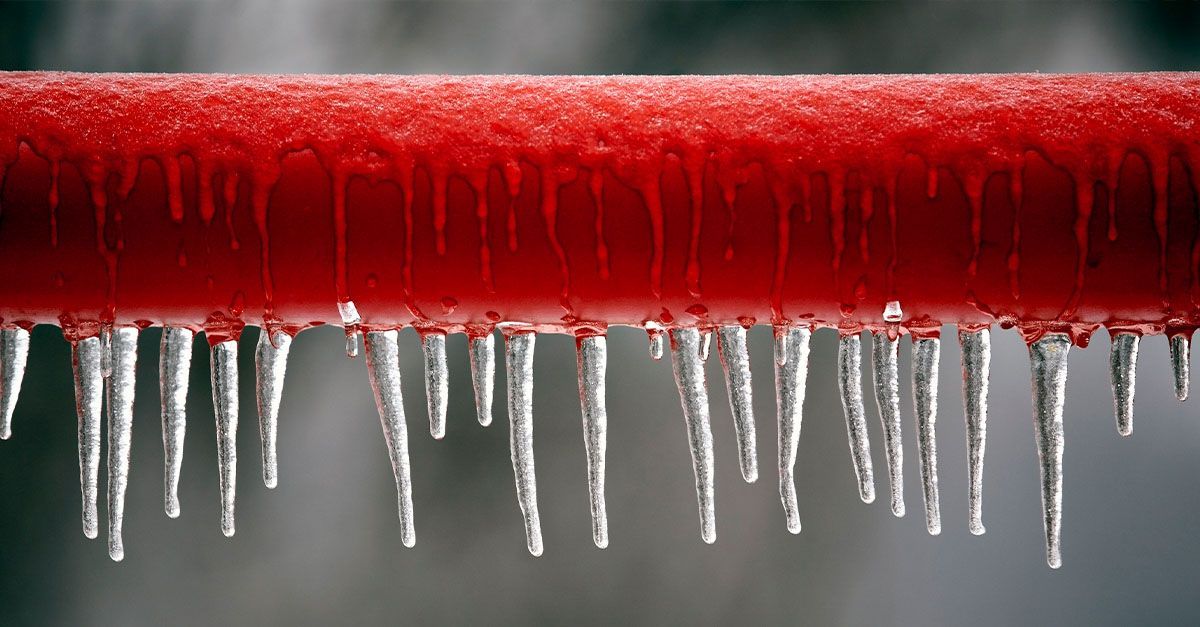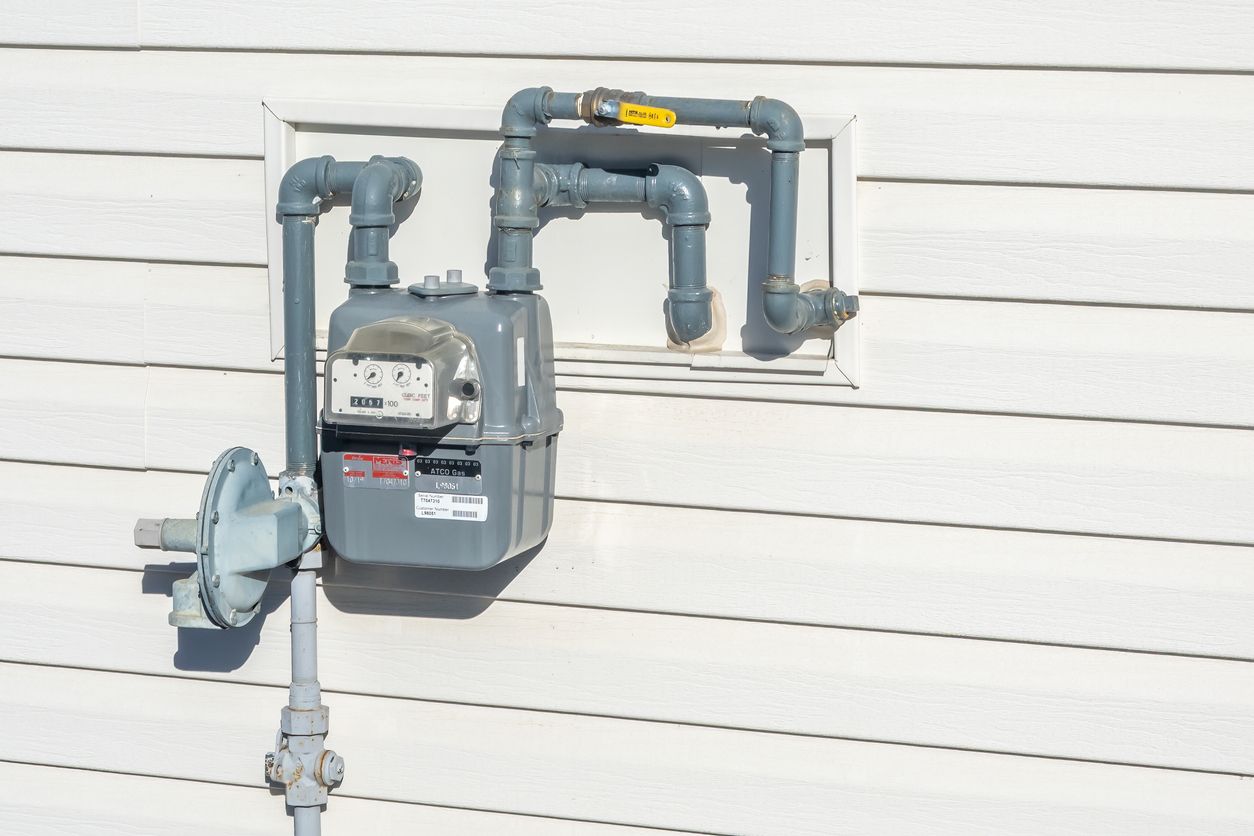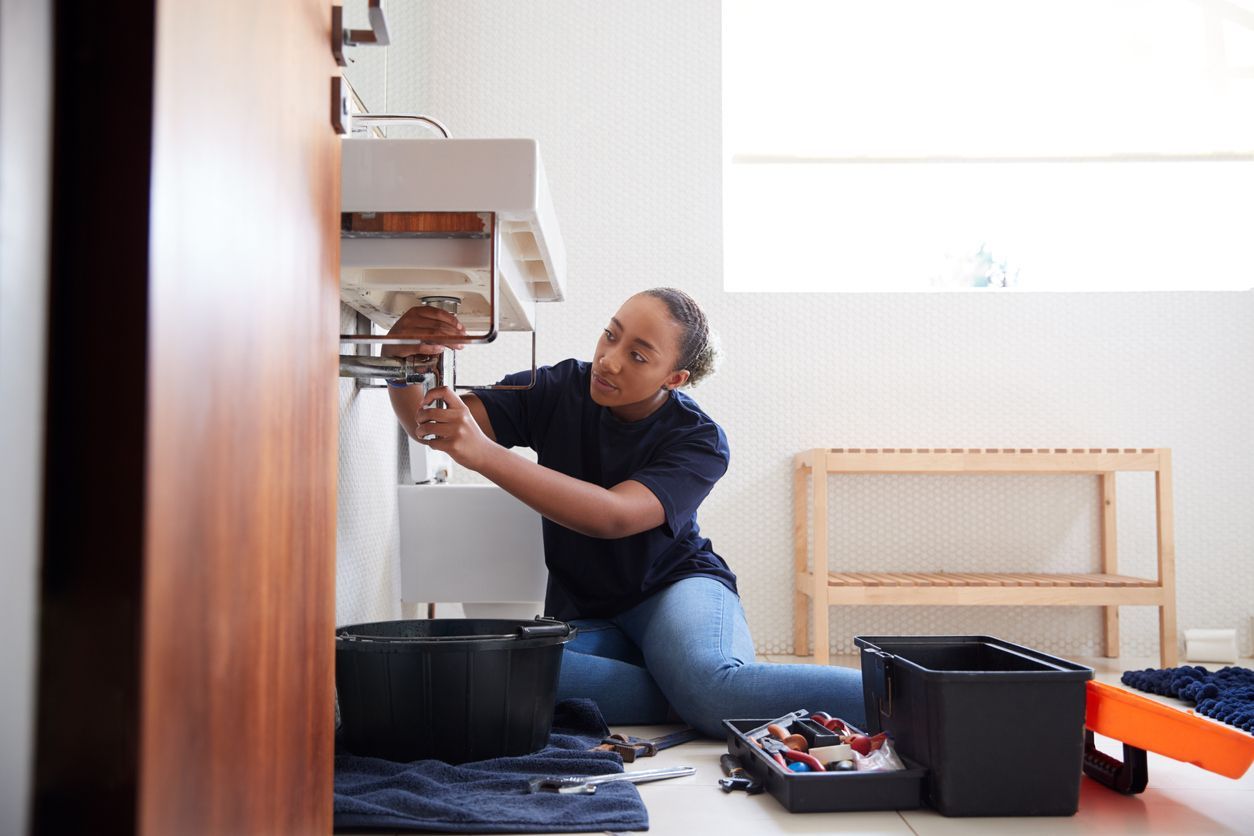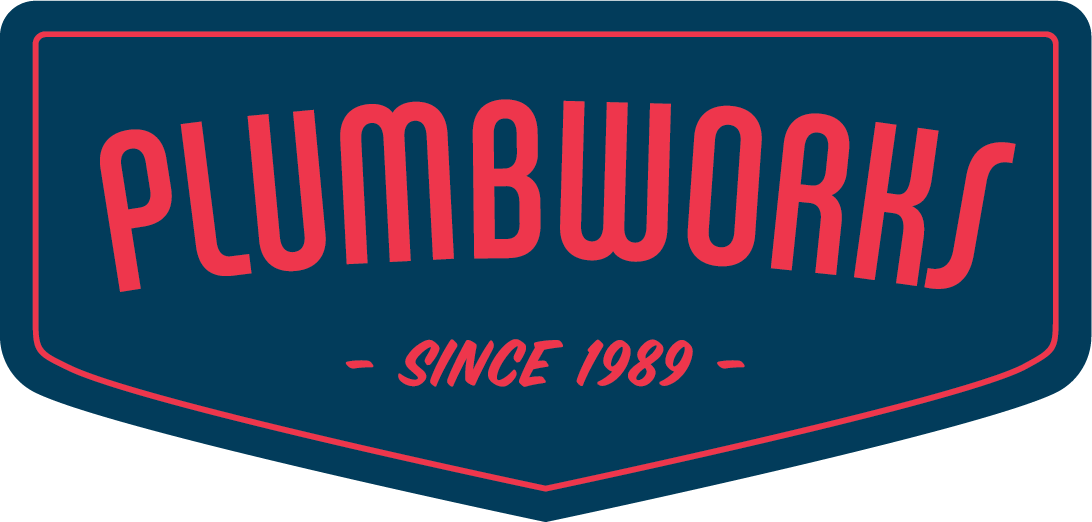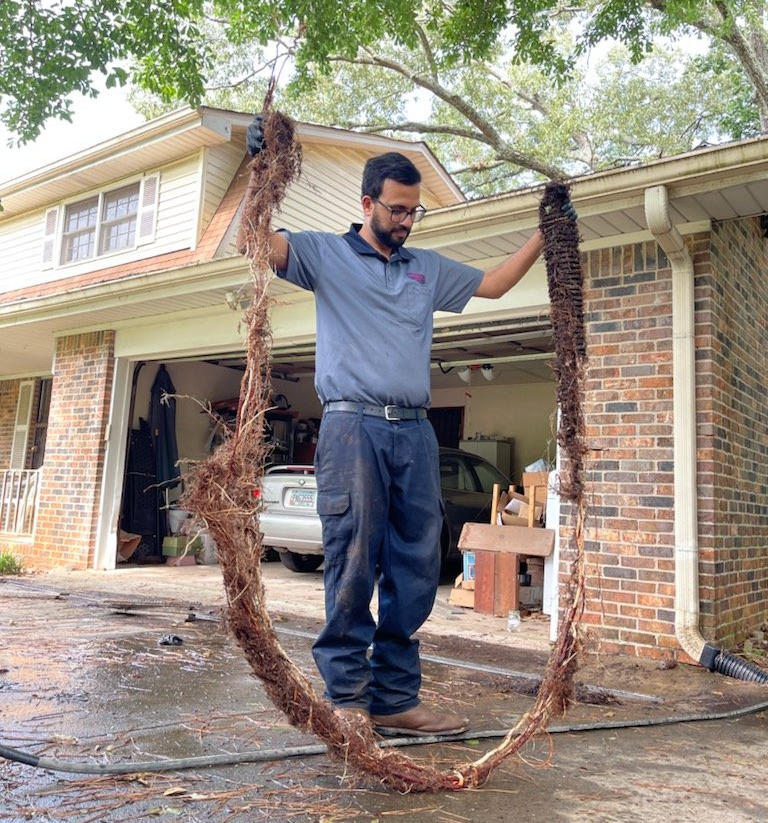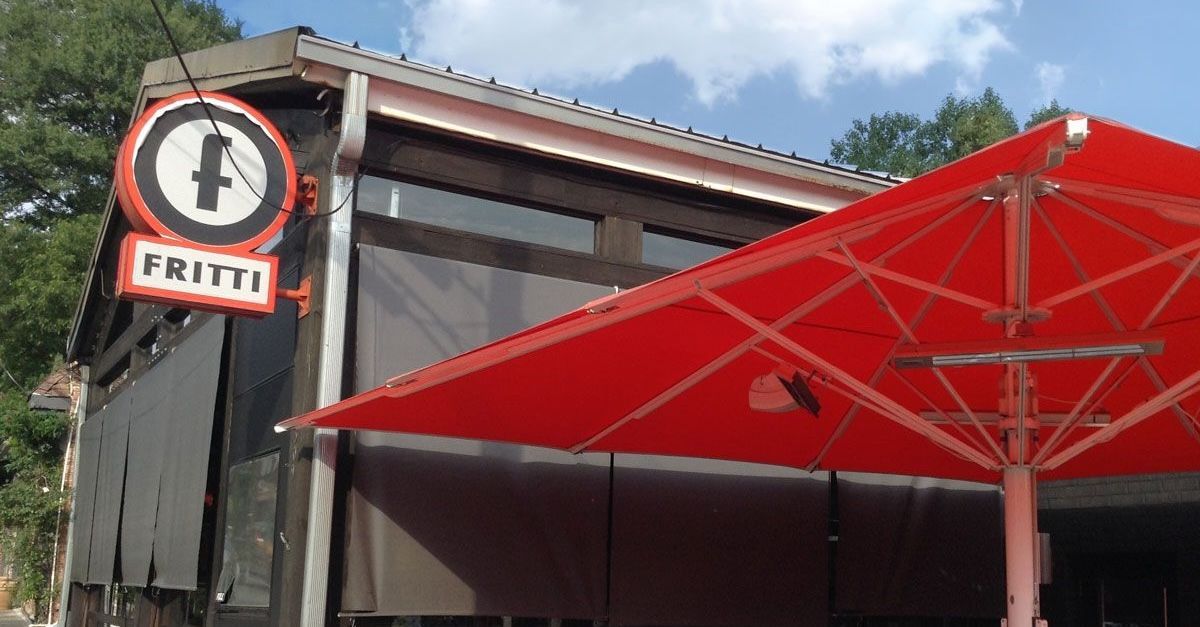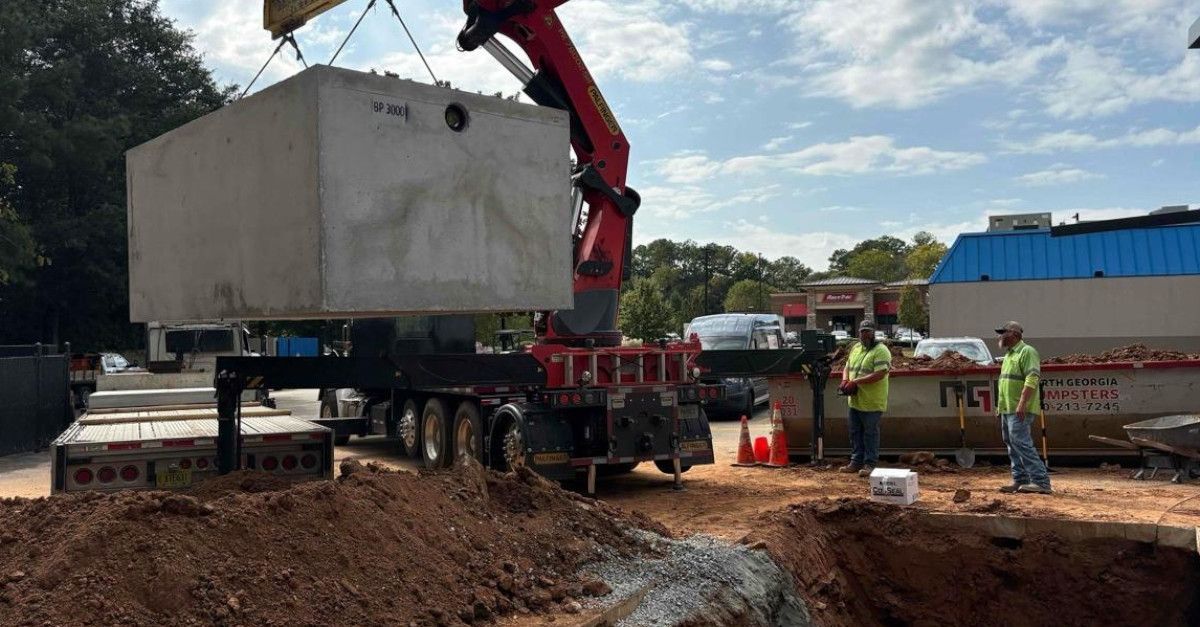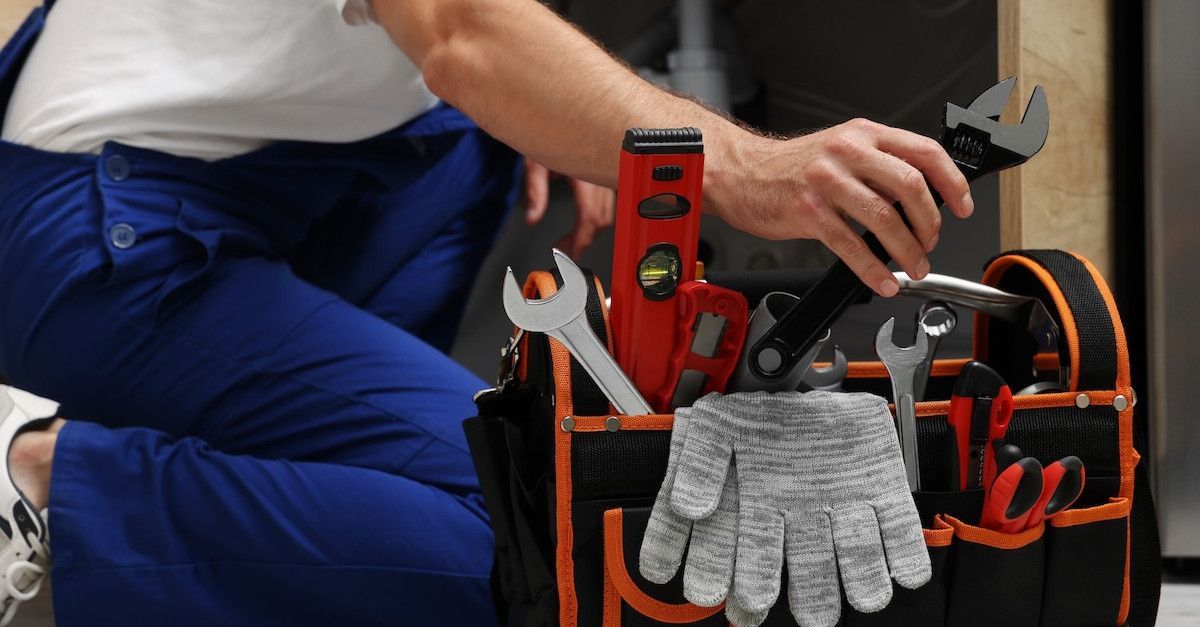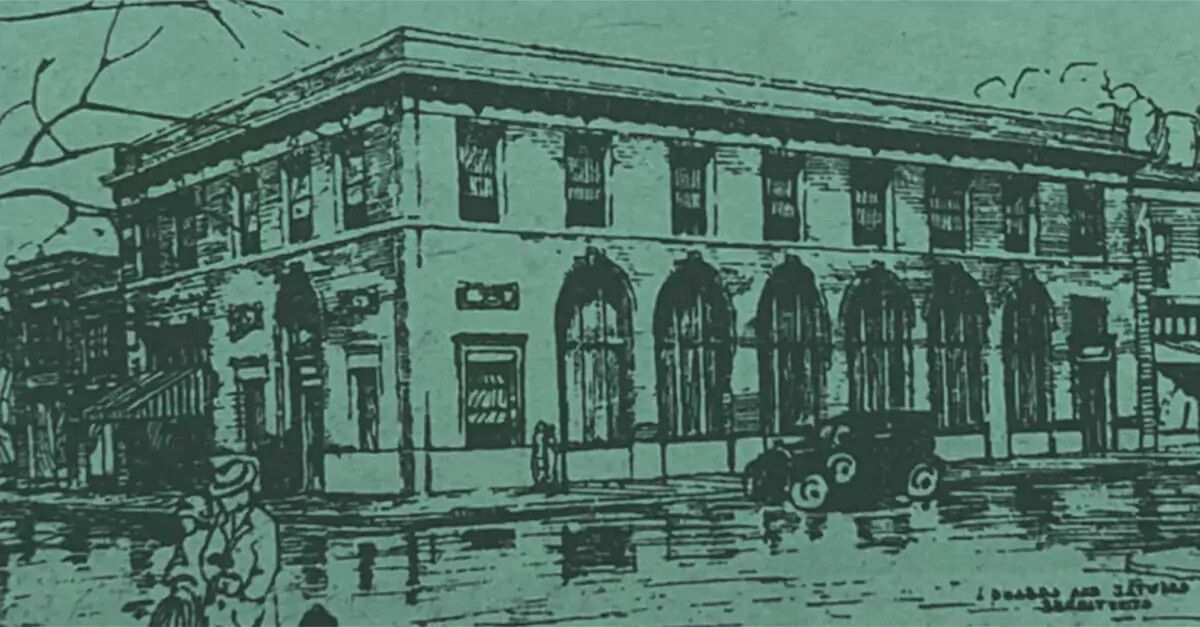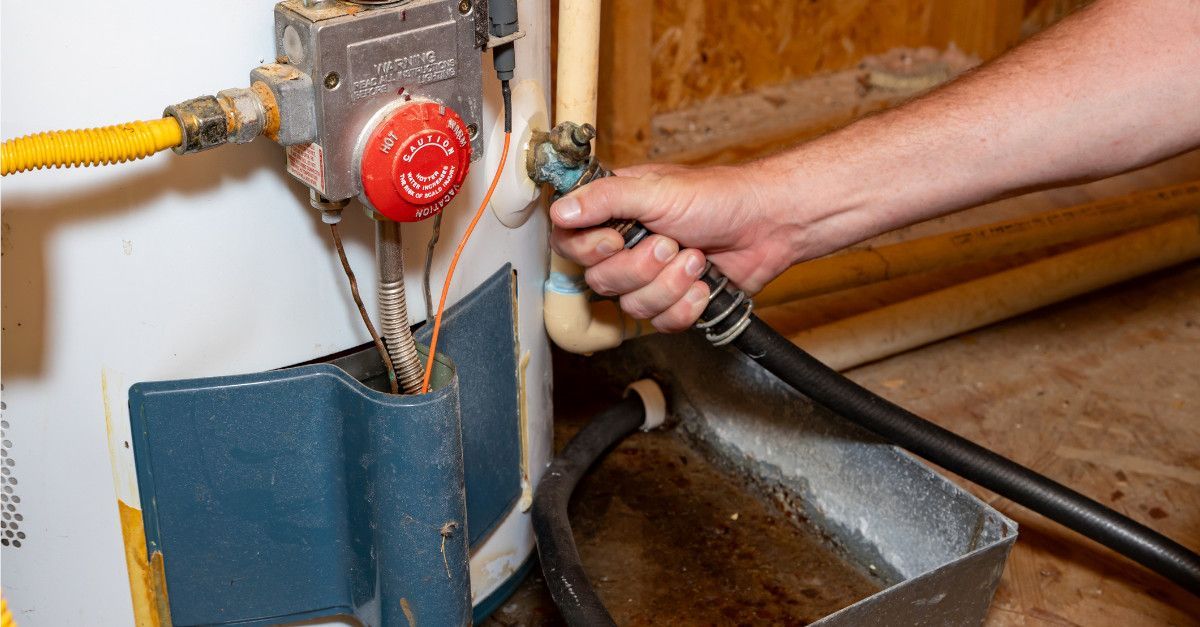Signs You Have Tree Roots in Your Sewer Line (And How to Fix It)
One of the most common culprits behind backed-up pipes in your home is tree roots in the sewer line. But how do you know if this is the problem or not? It can be overwhelming to make this determination and decide whether or not you need to hire a professional. Continue reading below to learn how you can diagnose and mitigate the cost of tree roots in sewer lines.

How do tree roots damage sewer lines?
Tree roots can be detrimental to your home’s plumbing. Finding and addressing the issue before it turns into a serious problem is of the utmost importance. However, you may be asking yourself how tree roots get in sewer lines in the first place
Depending on the size, age, and type of tree, its root system can extend 100 feet or more away from the tree. Roots typically grow downwards, naturally seeking moisture and nutrients. If there is even a minuscule amount of moisture seeping out of your pipes, the roots will be drawn towards it. If there is a small hole that has developed over time somewhere in your sewer line, the roots will infiltrate the pipe through there. However, most tree roots find their way inside through a joint in the pipe.
Though the roots of trees tend to be very slow-growing, they are relentless. Once they are inside of your pipes, they will continue to grow, causing clogs and odors. Eventually, if the problem is not properly addressed, the roots will grow large enough and exert enough force to crack, then completely split, the sewer line.
How to Know if There are Tree Roots in Sewer Lines
When tree roots clog the main sewer line, it can cause some severe side effects. Some of the signs to be on the lookout for are:
- Water draining more and more slowly
- Frequent, unexplained clogs in toilets, tubs, or sinks
- Sinkholes in your yard
- Foul odors coming from your pipes
- Gurgling toilets
- Sewer backups
- A sudden increase in water bills
- Contaminated water pooling in your yard
- A tree growing much faster or more green than those surrounding it
Have any of these signs? Call an Expert Plumbing Company
If your home is experiencing any of the above situations, contact Plumb Works today. Plumb Works can use a small camera specifically designed to give a clear view of what exactly is happening inside your pipes. In doing this, you will be able to see any potential problems firsthand alongside one of our top-rated
Atlanta plumbers. After speaking with you about the symptoms that you are experiencing and assessing the situation inside your sewer lines, Plumb Works can recommend the appropriate solutions for your specific needs.
How to Prevent Tree Roots in Sewer Lines
There are some preventative measures that you can take to ensure that tree roots don’t grow into your sewer lines over time. If you are undertaking a landscaping project, be aware of the location of your sewer lines and be sure to plant any new trees far away from the lines.
Having an expert plumber install a lining to your sewer pipes is another excellent way to prevent roots from getting in. Pipe lining essentially creates a new pipe inside your old one to strengthen and plug any holes that may have been found. Homemade remedies often used to kill the roots while they are in your pipes can also be useful occasionally by creating a less attractive environment for roots.
However, the best way to prevent tree roots from taking over your sewer lines is to completely replace all of the old, outdated pipes that are easily infiltrated with brand-new, secure pipes.
Have tree roots damaged your sewer lines? Here’s how to fix it.
There are countless home remedies out there that will treat the tree roots found in your pipes. Among these solutions are chemicals used to kill tree roots in sewer lines and prevent them from regrowing, including copper sulfate and rock salt. However, these solutions are temporary as they do not solve the issue of how the roots gained access to the pipes, leaving a way for new roots to regrow in the same area.
The easiest and most sure-fire way to handle these issues is to call an expert plumber to assist with tree roots in
sewer line repair. Though the thought of sewer repairs is something that all homeowners dread, there are many different ways to handle the problem. The right plumber can offer expert advance and help you decide the best course of action.
Hydro-Jetting
Essentially, hydro-jetting is a type of deep-cleaning service for severely clogged pipes. This method uses highly pressurized hot water to clear the clog and fully clean the inside of your pipes. Your plumber will arrive with a power tool called a hydro jetter with an attached boiler that will connect to your pipes. The hydro jetter will blast the water into the pipes using the optimal pressure to ensure that the process is done safely. A wide variety of hoses and nozzles will be guided through the pipe system to guarantee that all of the roots have been completely removed.
Trenchless Repair Methods
When most people think of sewer line repairs, they likely picture a messy, dug up yard. However, with advances in technology in recent years, trenchless repairs have gained popularity with both homeowners and plumbers. These methods are quicker, durable, and cause minimal damage to your yard. Full
trenchless sewer line replacement
is now easier than ever, offering two main types of repair methods.
Pipe lining, as mentioned above, involves digging an access hole, feeding a flexible pipe made of resin through the existing pipe, inflating it, and allowing it to harden in place over a period of time. Another method of trenchless repair is pipe bursting repair. Pipe bursting repair consists of digging two access holes on either end of the affected pipe and pulling a new pipe through the existing one, which is broken with a hydraulic or pneumatic bursting tool.
Reliable Plumbing and Plumbing Repair Services
If you think you may have tree roots in your sewer line, call Plumb Works today! Plumb Works can effectively fix a broken sewer line or any other plumbing issue so that you can get back to enjoying your home without having to worry about the issue reoccurring.
Call 404-524-1825 to schedule an appointment with a technician today or learn more about some of our other
plumbing services to find what best fits your needs.
Frequently Asked Questions About Tree Roots in Sewer Lines
